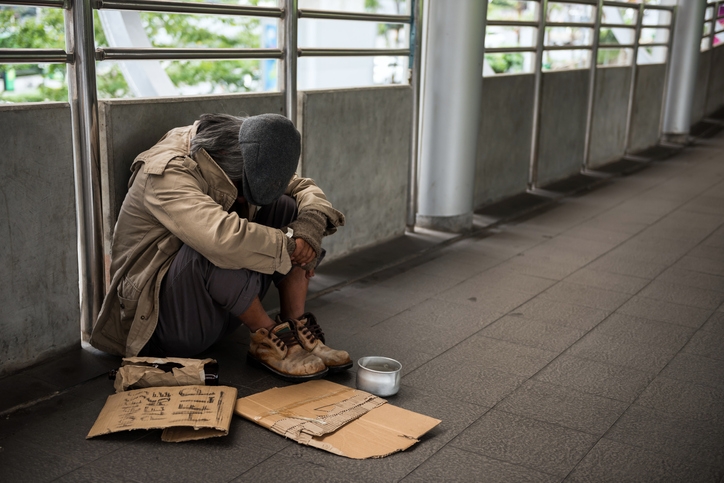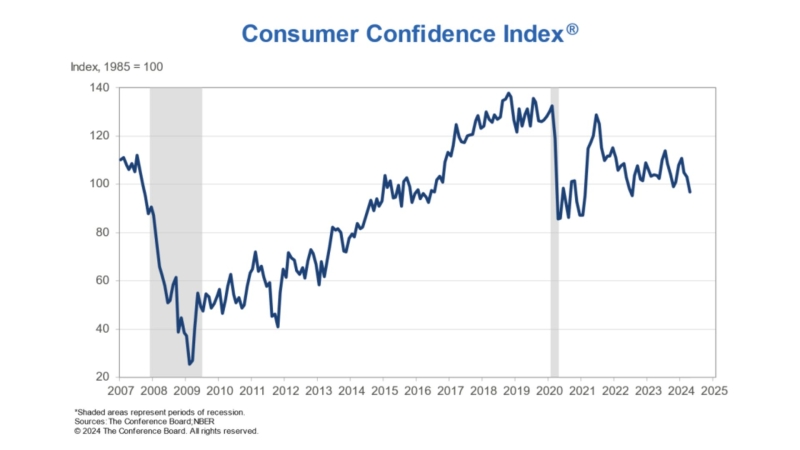Advertisement
HUD Provides $2.96 Billion In CARES Act Funding For The Homeless

The U.S. Department of Housing & Urban Development allocated $2.96 billion in Emergency Solutions Grants (ESG) funding to support homeless Americans and individuals at risk of becoming homeless because of hardships such as job loss, wage reduction, or illness due to COVID-19. This funding is in addition to $1 billion of ESG grants announced within a week of President Trump signing the CARES Act.
“Homelessness was a major issue in some cities across our nation long before this pandemic occurred, and unfortunately, the dire living conditions of our most vulnerable Americans left many without a home to isolate in or proper medical and healthcare resources to defend themselves against this invisible enemy,” said HUD Secretary Ben Carson. “As we continued to monitor the effects of COVID-19 in at-risk communities, the Department and our partners worked quickly to respond to outbreaks and minimize the spread from hotspots to other locations. This increased funding to help provide for our homeless will make a difference now as we combat the coronavirus and inform long-term, innovative solutions for addressing homelessness in the future.”
Congress provided $4 billion for HUD’s ESG program for local governments to prevent, prepare for, and respond to coronavirus among individuals and families who are homeless, receiving homeless assistance, or are at risk of becoming homeless. In total, HUD has allocated $3.96 billion in ESG funding to impacted communities in every U.S. state and territory, and the remainder $40 million is being utilized to provide technical assistance to build capacity of grantees in those communities receiving ESG funding.
The $2.96 billion in funding allocated can be used to:
►Make more emergency shelters available for homeless individuals and families.
►Operate emergency shelters by providing food, rent, security, maintenance, repair, fuel, equipment, insurance, utilities, furnishings, and supplies necessary for their operation.
►Provide hotel/motel vouchers for homeless families and individuals.
►Provide essential services to people experiencing homelessness including childcare, education services, employment assistance, outpatient health services, legal services, mental health services, substance abuse treatment services and transportation.
►Prevent individuals from becoming homeless and rapidly re-house homeless individuals.
►Operate emergency shelters by providing food, rent, security, maintenance, repair, fuel, equipment, insurance, utilities, furnishings, and supplies necessary for their operation.
►Provide hotel/motel vouchers for homeless families and individuals.
►Provide essential services to people experiencing homelessness including childcare, education services, employment assistance, outpatient health services, legal services, mental health services, substance abuse treatment services and transportation.
►Prevent individuals from becoming homeless and rapidly re-house homeless individuals.
About the author





